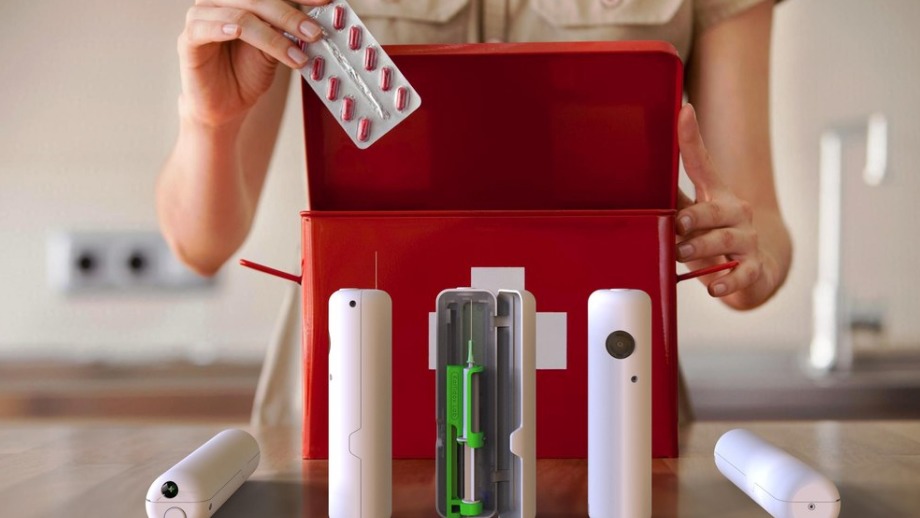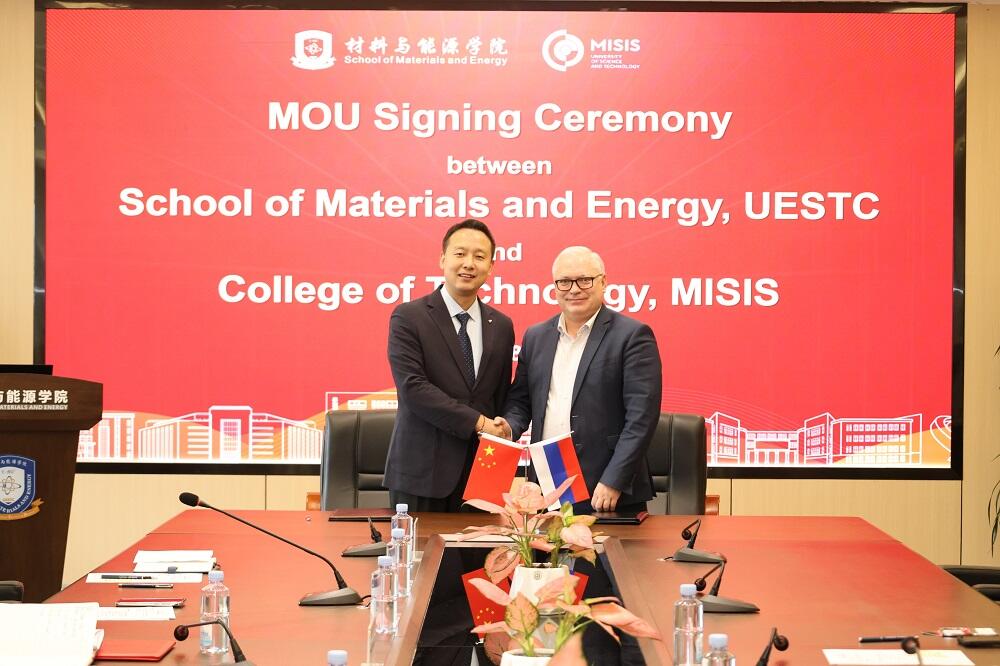Engineers from the small innovative enterprise “Medical Engineering”, which partially operates through NUST MISIS, have devised the prototype of a device which allows patients to make self intramuscular injections that adhere entirely to medical procedure. The device can be managed through a mobile device via Bluetooth, and allows a person to set the injection speed and reduce sensitivity.

Alevtina Chernikova, Rector of NUST MISIS.
The engineering group applied “thin” and adjustable injecting speeds, as well as a sensor touching the skin, which acts as protection against malfunctions. The patient can even adjust the injection speed during the injection itself, helping to reduce sensitivity and even possibly interrupt the procedure if the patient experiences an allergic reaction. The device is compatible with all standard syringes with a 5 milliliter volume, and runs on standard AA batteries.
Externally the device is a small cylindrical box, and a syringe containing no more than 5 milliliters of medication is placed inside it. The mechanism consists of a control shaft and a securing plank to steady the device. The injection procedure, notably the rapid needle insertion, the slow injection of the medication, and the fast needle lead, is all carried out with the single touch of a button.
90-degree Dmitry Vasiliev, co-founder and technical director of “Medical Engineering”.
The developers intend to design a mobile app for IOS and Android that takes a doctor`s recommendations into account for the exact type of drugs, the person’s body weight, and other aspects of the injection. The planned app will even remind a patient about scheduled injections. Depending on all the data “Komarik” (“Cecidomyids”) automatically adjusts the needle depth and injection speed of the medication.
This autoinjector has no true analogue in the world. Similar devices exist in Europe and the U.S. but they are used only for subcutaneous injections, are not compatible with standard syringes, or are designed to treat only certain diseases. For example, the Betaconnect device (made by the German company Bayer) is used for automatic subcutaneous injections of the drug Betaferon for multiple sclerosis treatment.
Currently the developers are preparing to proceed with registration in the Federal Service for Surveillance in Healthcare (Roszdravnadzor) and to begin testing the device jointly with medical institutions. “Medical Engineering” is planning for the first batch of devices to go on sale in the coming year. As for economics, the projected cost of the injector is from 2,000 to 4,000 rubles, and the production stage requires a total investment of 27 million rubles.

